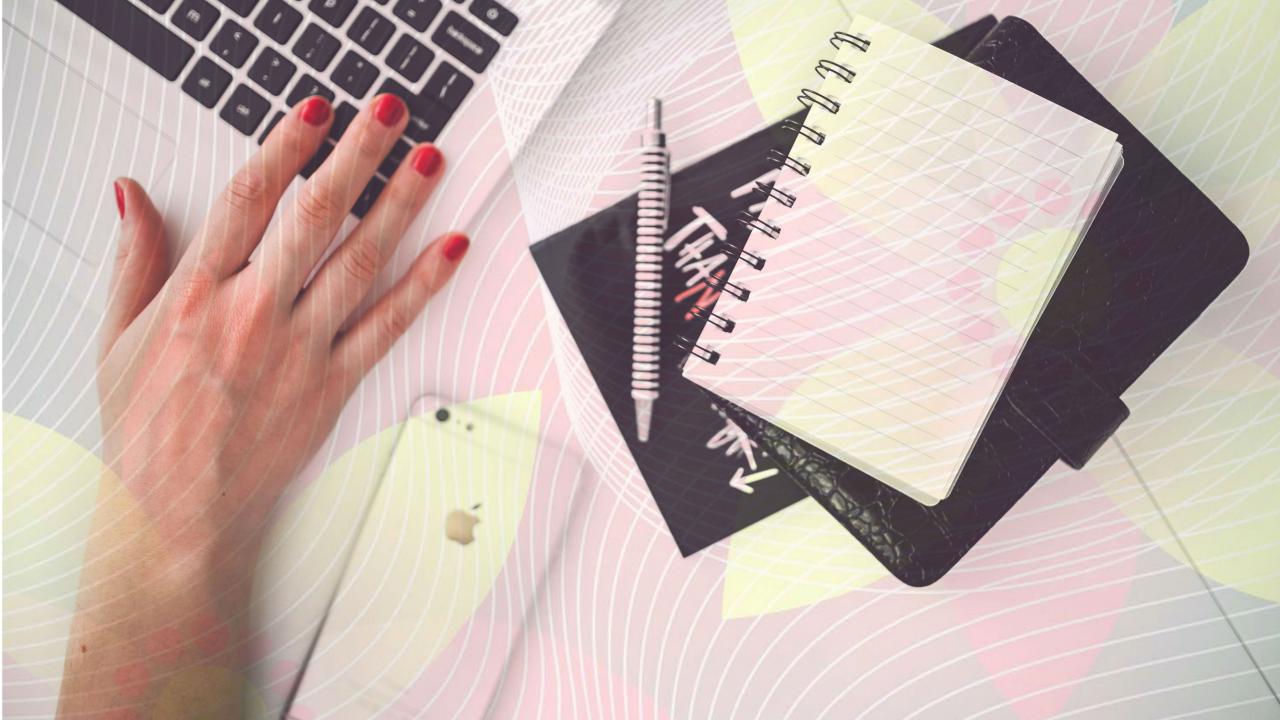 Design Pics/PhotoSpin
Design Pics/PhotoSpin
Why do children experience clown anxiety?
It is not uncommon for preschoolers and toddlers to have phobias. Fears usually appear around 20 months, but most children outgrow them (e.g., fear of the dark, etc.)
Each child will experience their own particular fears depending on their personality and life experience to that point.
Fear of clowns, also called coulrophobia, is one of the most common and perhaps most surprising fears. After all, it’s someone wearing a funny suit doing funny things with a bunch of other people in funny suits.
But it’s not just clowns. Santa Claus, Mickey Mouse and other costumed characters — even kids in Halloween costumes — can also fall into this category.
It is important to remember that at this age, your child cannot distinguish between fantasy and reality. The painted face and antics are precisely the things that can create the fear.
A child cannot read the clown’s emotions through the paint, and then witnesses the clowns doing things — hitting another clown in the face, spanking another clown, splashing another clown with (confetti) water when they’re not expecting it — that they have been taught are bad.
Suddenly doing something bad is funny. Very conflicting messages for a little brain.
Helping your child overcome her fear of clowns
To help your preschooler or toddler deal with her fear of clowns:
1) Do not force your child to approach a clown, Santa or other character. Contrary to what many believe, this will not help your child overcome her fear. It will only intensify the fear and could lead to battles over attending holiday or other activities.
2) Remember your child’s fear is real. (4) Do not trivialize it or tease. Teasing or smiling at your child’s reaction can, again, only increase the phobia.
3) Avoid chastising your child. “Don’t be so silly,” or “Don’t be such a 'fraidy cat,” and other such phrases will not only make the fear worse, but can also affect your child’s self-esteem.
4) Be encouraging. Assure your child that nothing will bad happen to her. If she doesn’t want to sit on Santa’s lap, that’s okay.
5) While holding your child or her hand, watch other children interact with the clown. “When she sees and hears their reactions from a safe distance, she may calm down enough to realize that there’s no danger.” (4) Make sure that the encounter is in an open area to avoid your child feeling trapped, which will only increase your child’s fear.
6) Show your child that everything is okay and that the clown is supposed to be fun and can be trusted. Offer to go first and sit on Santa’s knee. If your child still doesn’t want to, you need to be okay with that and remember Rule #1.
What every parent should know before hiring a clown for a party
CircusMagic.com had a particularly interesting article with follow-up comments provided by people who do clowning, about how clowns can engage children on a healthy and fun level. Well worth the read, particularly if you’re planning to hire a clown for a party or other event.
Sources:
1) Coulrophobia. Wikipedia. Web. Sept 25, 2012.
http://en.wikipedia.org/wiki/Coulrophobia
2) Fear of Clowns. Fearofstuff.com. Web. Sept 25, 2012.
http://www.fearofstuff.com/humans/the-fear-of-clowns
3) Fear of Santa, Clowns and Other Characters. Whattoexpect.com. Web. June 12, 2012.
http://www.whattoexpect.com/toddler/behavior/fear-of-characters.aspx
Reviewed September 26, 2012
by Michele Blacksberg RN
Edited by Jody Smith






Add a CommentComments
There are no comments yet. Be the first one and get the conversation started!